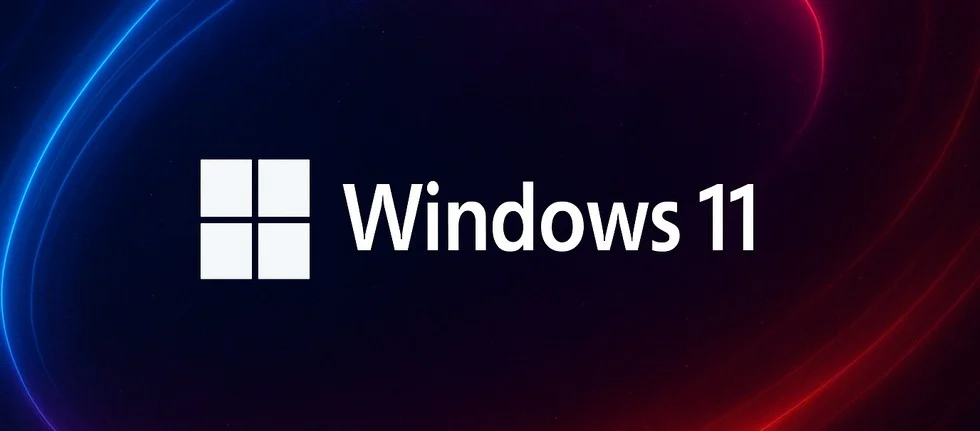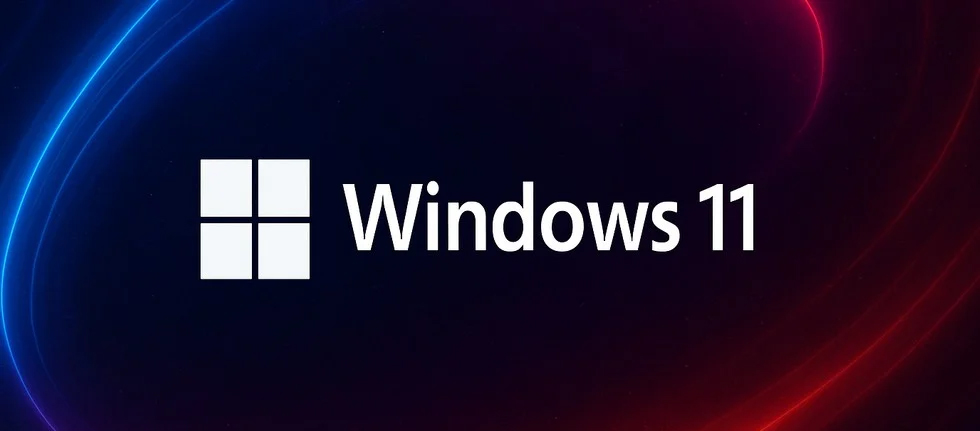
Windows 10 support is now numbered – it will end by October 14, 2025, and then only the extended paid version will be offered – and Microsoft has set up a new official page that helps users keep track of the tasks to be completed before having to deal with the imminent end of support with Windows 11.
If you were wondering whether the page describes any useful tips for updating still-functioning PCs to the latest version of Microsoft’s operating system, well, we’re sorry to disappoint you: the advice from the Redmond company is in fact to recycle PCs that do not support the update to Windows 11 .
The topic of minimum requirements for Windows 11 has always been a very thorny one, since the requirement for TPM 2.0 and UEFI (SecureBoot) has excluded many computers that would have no real problem running the operating system . However, the incompatibility with these systems makes the official installation of Windows 11 impossible and increasingly difficult to achieve using alternatives that can bypass the requirement.
AN ENVIRONMENTAL PROBLEM TOO Windows 11?
The problem with this choice is that, while on the one hand it is important to support increasingly higher security standards, on the other it makes many perfectly functional PCs obsolete and finding out that the only solution is to recycle a machine of this type leaves a bitter taste in the mouth, especially in a historical period in which the issue of digital waste is very much felt .
We remind you that the date of October 14, 2025 does not imply the stop of Windows 10 , but only the loss of software support and the fact that you will remain exposed to possible vulnerabilities and threats, as well as the impossibility of installing new software that may require Windows 11 as a minimum requirement.


